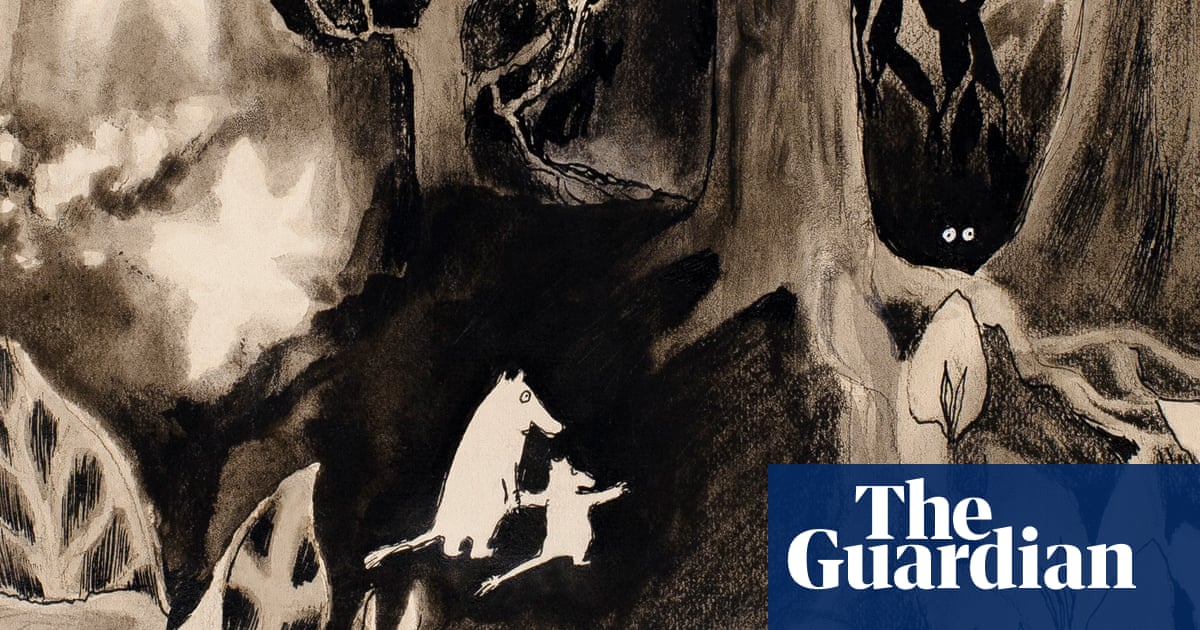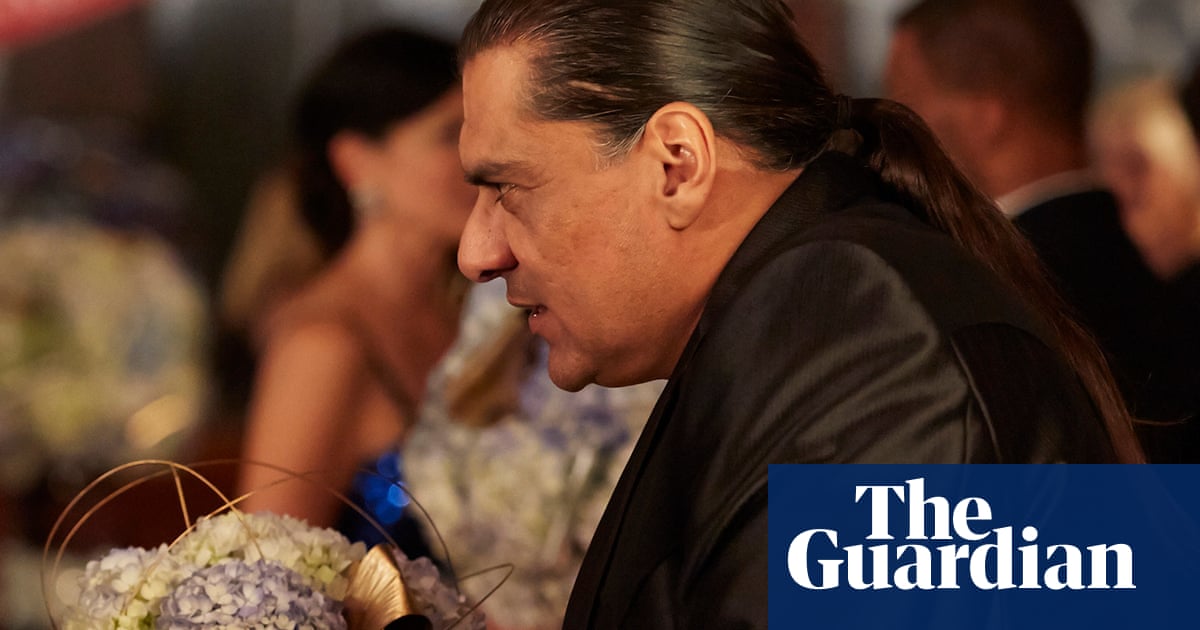As prestigious as it might sound to win the Palme d’Or at Cannes or the Golden Lion at Venice, the surest indicator of Oscar recognition has become victory at the far less fancy, far more mainstream Toronto film festival. There isn’t a jury-based award, instead there’s one decided by an audience vote and, far more often than not, their picks have lined up with those of the Academy.
Since 2008, only one People’s Choice award winner hasn’t then gone on to either take home or be nominated for the best picture Oscar, and while the picks haven’t always been the greatest (hello, Jojo Rabbit, Belfast and Three Billboards), they’ve indicated a broad, crowd-rousing appeal. Last year, despite predictions that Anora or Conclave might triumph, out of nowhere the far less buzzy, and, at that point, distribution-less Stephen King adaptation The Life of Chuck triumphed, a win that preceded a deal with awards-securing outfit Neon and, now, a confidently positioned early summer release.
Such a victory, combined with a sense-assaulting marketing campaign highlighting words like “life-affirming”, “profound”, “celebration” and “magical”, would have you believe that something rather special is about to burrow its way into your heart, a feeling of wonder set to overwhelm (one quote claims it to be “It’s a Wonderful Life for today”). But try as writer-director Mike Flanagan might, there’s something coldly unmoving about it all, a disjointed and dry-eyed tearjerker that never rises above Instagram caption philosophy.
Flanagan has become the unofficial adapter-in-chief of King’s work, having made three films while working on two TV shows based on his writing (the pair have both expressed deep admiration for the other on multiple occasions). It tracks given Flanagan’s interest in both scares and sentiment (his non-King shows like The Haunting of Hill House have balanced them well) although there’s yet to be a real slam-dunk among them. Like many of the more faithful adaptations, both Gerald’s Game and Doctor Sleep have their share of effective moments (the latter boasting a particularly terrifying turn from Rebecca Ferguson) but they get dragged down having to untangle King’s often baffling explanations, fumbling overly convoluted plots that might have worked better on the page (Flanagan’s best film remains his stripped-back King-less debut, the barnstorming home invasion thriller Hush).
The Life of Chuck has the unmistakable feeling of back-of-drawer King, familiar ideas given a quick, yet incomplete, dust-off for a late-stage novella (it’s one of three stories from the 2020 collection If It Bleeds, the last adaptation being Mr Harrigan’s Phone, a similarly reheated misfire). It’s a trio of tales, all centered around Chuck, played as an adult by Tom Hiddleston, who initially appears on a strange billboard seen by Chiwetel Ejiofor’s confused teacher (Ejiofor gives one of the film’s few standout performances). In the first, most effective, section, the world is crashing to a halt with natural disasters forcing people to examine their lives and lost loves, hoping to find a hand to hold as everything fades to black. Tributes to Chuck haunt them, as if his death somehow means more than theirs, from posters to TV commercials to his face inside their windows. In the middle section we get to actually meet him, as an everyman accountant, life narrated by Nick Offerman in one of the film’s more annoyingly mannered touches. He engages in a rather mortifying dance sequence before we go back for the final act, encountering him as a child.
It’s a film about life and death and love and family and dreams but only ever in the most simplistic of fridge magnet ways (it could have been called The Live Laugh Love of Chuck), urging and insisting us to feel something without ever giving us enough for any of it to sink in. The tease of the storytelling, hinting at a great, earth-shattering reveal, masks a rather empty space at its centre, and when details of the “twist” arrive, if one could even call it that given how messy the plotting gets, it turns a feelgood film into an odd and, from one viewpoint, sinister tale of narcissism and revenge (a thriller using similar components could have been far more entertaining). The big problem is that we never really get to know or understand Chuck; we’re mostly just told about him via voiceover (he contains multitudes, allegedly!) and we’re expected to figure him, and the meaning of life, out from faux-profound sermons about math and the cosmos. Hiddleston has very little to do but dance and we spend more time with Benjamin Pajak as a younger Chuck, who does an effective job at charming us through well-trodden coming-of-age scenes. Flanagan elsewhere relies a little too heavily on his go-to troupe of actors (Mark Hamill, wife Kate Siegel, Samantha Sloyan), which leads to some distracting miscasts.
I’m not really sure what to take from The Life of Chuck, a solidly directed yet stilted, stop-start piece of film-making that reveres a lesser, little-known work of King but doesn’t really explain to us why. The final scene, intended to hit us with a cascade of emotion, is abrupt and unsatisfying, frustration overriding any impulse to cry (the end-of-days melancholy of the first section is close to piercing through the most) and we’re left feeling empty. Life is full of meaning but The Life of Chuck struggles to find any.
-
The Life of Chuck is out in US cinemas on 6 June, Australian cinemas on 21 August and in the UK on 22 August

 22 hours ago
9
22 hours ago
9

















































